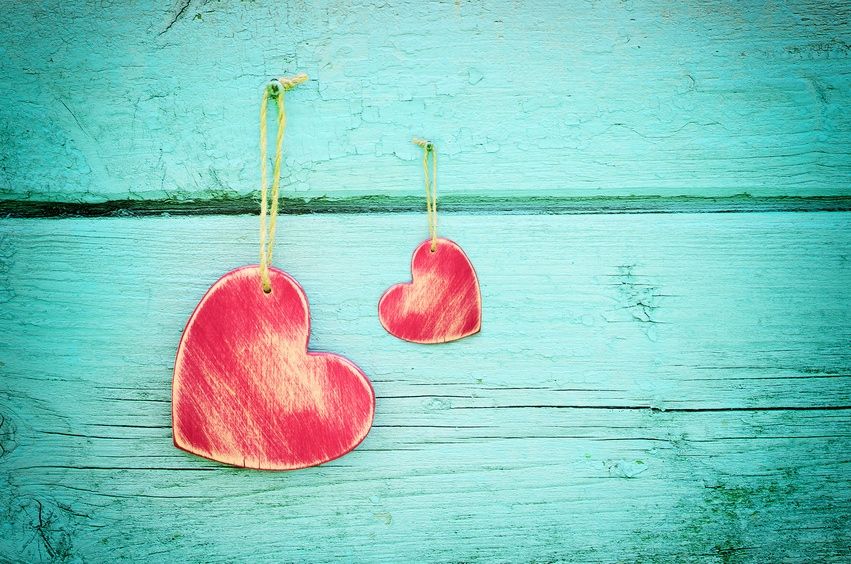Friend or Foe? Is Your Internal Dialogue Helping or Hindering You? by Anna Taylor
Whilst many of us find it natural to offer compassion towards others, we can struggle to offer the same sense of kindness and tenderness towards ourselves, especially when life brings challenges. Anna Taylor explores how becoming more aware of our inner dialogue can support our happiness and wellbeing.

Have you ever stopped to notice the nature of your internal dialogue? You know the thing, the self-created commentary that pops in our heads throughout our day in relation to our actions, achievements, hopes and desires. It can take various forms from the relatively innocuous “ooh that cake looks nice, go on, it’s been a busy day, you deserve it” to the one that says of yourself “urgh, you’re such an idiot, why did you do that!!”.
Of course in a sense it’s our thoughts rattling round, but do we ever stop and think about the habits that our minds have fallen into with these thought patterns? Is the way we are speaking to ourselves supporting our wellbeing, happiness and sense of connection with others? Or is it adding to our sense of stress, unhappiness and isolation?
For many of us (and I know certainly for myself for many, many years) we wouldn’t dream of speaking to someone else with the same judgmental, harshness and critical tone that we often default to when speaking to ourselves. We might be the first to offer comfort and soothing support to a friend in difficulty, but the last to offer it to ourselves.
Sometimes we might think that without this harsh, critical voice we wouldn’t get anything done, we would become selfish or arrogant; but all the research points in the other direction to show that through learning to cultivate self-compassion we become more resilient, less stressed, happier and with a greater sense of connectedness to others.
Whilst the habits of our ‘inner critic’ can be strong, the good news is that a huge body of evidence shows that with regular practice we can begin to create a kinder, more supportive voice within; helping us to feel happier, more connected and stable within this wobbly world of ours.
Something that one of my teachers taught me was to find a term of endearment that you would feel soothed by if a friend or a loved one were to use it towards you (e.g. honey, my love, darling, mate etc). Then the next time you stub your toe, worry you’ve made a fool of yourself, or simply have a hard time of any kind, speak to yourself gently, with warmth and understanding, using that term and see if it feels a little different. I love this practice and can honestly say from experience that saying to myself “It’s OK honey, I know it’s all going wrong, and you’re tired but you’re doing the best you can, take a breath” results in a far better outcome than my inner critic ever achieved.
